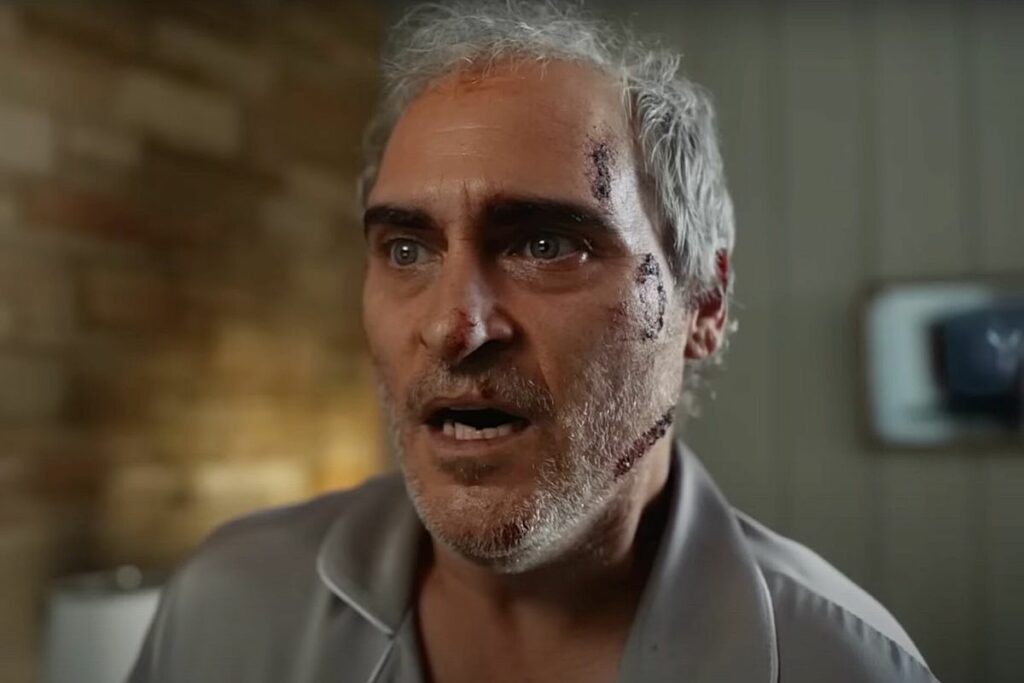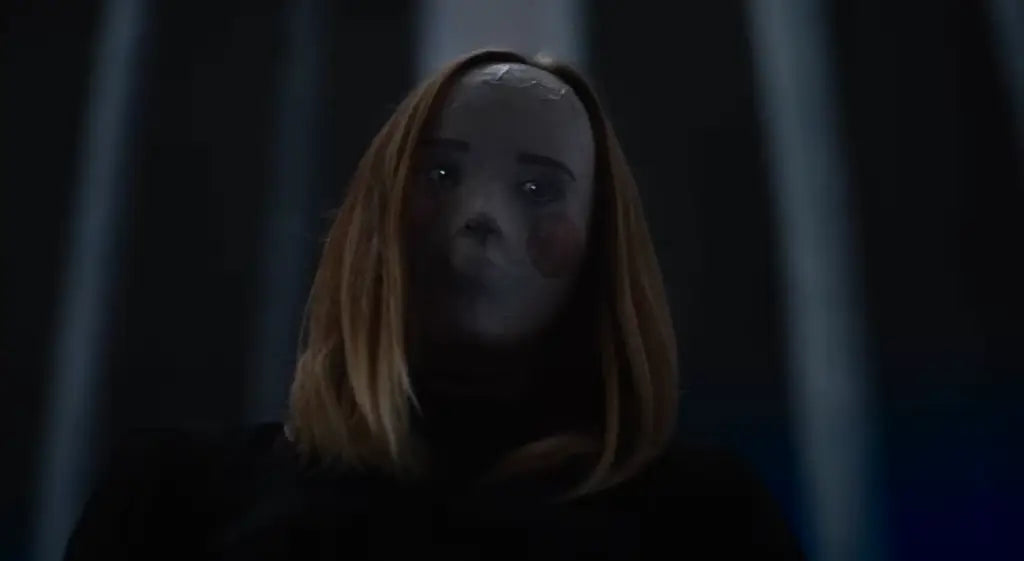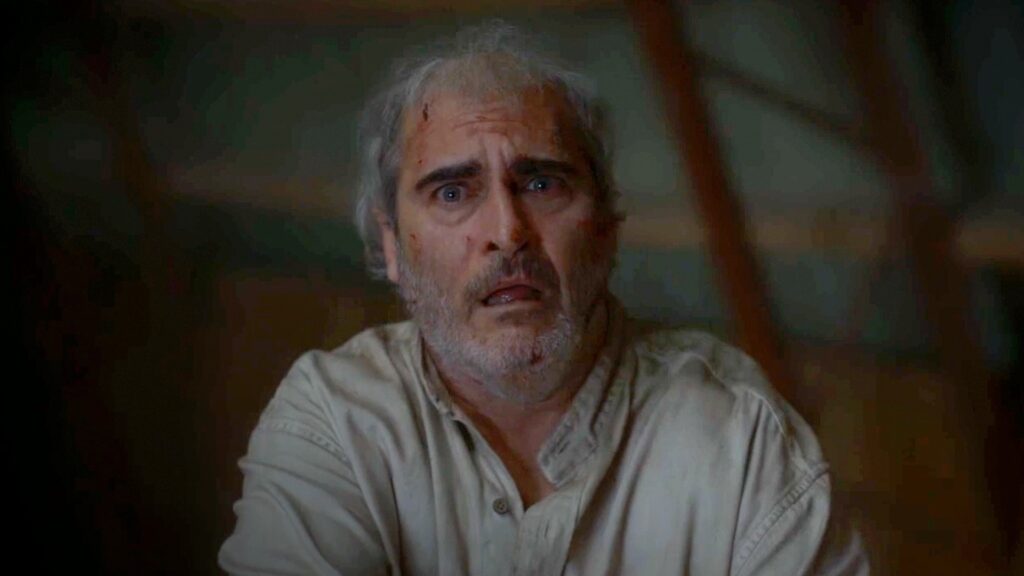Ari Aster has never been a filmmaker that’s cared too much about audience sensibilities or making easily digestible art. But that may be part of the reason why, even with only two feature-length films under his belt, his works have become such cultural gamechangers. Hereditary and Midsommar helped push the horror genre into its current heyday thanks to their more cerebral, dread-inducing atmospheres, complex emotional struggles, and astounding lead performances. Both established the A24 “house style” and made the studio, as well as Aster himself, the face of what many still continue to refer to as “elevated horror.”
It’s been four years now since Aster and A24 last teamed up to mesmerize and shock audiences on the big screen, making the anticipation for his third picture all the greater. Rather than simply repeat the creeping terror of his first two films however, Aster has instead dug deep into his own anxiety-ridden psyche to create something refreshingly new, different and entirely undefinable. Part horror, part black comedy, part hero’s journey, and all mommy issues, Beau is Afraid is a surreal nightmare come to life; the kind of movie where, whether you love it or hate it, you won’t be able to stop thinking about it.
Like Toni Collette and Florence Pugh before him, Joaquin Phoenix delivers an immense central performance in Aster’s latest. He stars as Beau Wassermann, one of the saddest and most pathetic men you’ll likely ever see leading a major movie. Beau is an aging loner living with little direction and constant paranoia in the big city. He is certainly afraid - of everything and everyone, at all times. And who can blame him? The world is a scary place, especially in Beau’s reality, where the streets are filled with drug-addicted vagrants and naked serial killers and everyone appears to be mad at him specifically.

Courtesy of A24
The film takes place in an (only somewhat) absurd version of our own world, where everything is cranked up to 11 in terms of depravity. Whether the insane and violent people that accost Beau at all times are real or whether what we’re seeing is merely amplified by his POV ultimately doesn’t really matter. Effort could be put towards breaking down every metaphorical bit of this film to discern what’s “really happening”, but Aster himself never allows a moment of winking knownness to break through the deliberately bizarre tone he creates. Straddling the line between over-the-top hilarity and bleak tragedy, Beau is Afraid is a constant balancing act that plays everything as straight as possible, whether there’s a giant phallic monster onscreen or a troubled teenager chugging a can of paint.
For nearly three hours, we’re trapped in Beau’s mind right alongside him, and it’s a raging hornets’ nest of fear and insecurities. Everything that could possibly go wrong for the man seemingly does, like an inverted form of self-manifestation. Every day is filled with terror, but the countless thieves and murderers and endless bouts of bad luck that wait for him outside of his apartment are nothing in comparison to the apparent source of all of Beau’s troubles: his mother. Played by Zoe Lister-Jones in flashbacks and Patti LuPone in the present day, Mona Wassermann has always been in command of her son’s life, both dictating and criticizing his every move with words that sting with guilt-tripping venom.

Beau is more terrified of disappointing his mom than anything else in his hellscape world, so when a planned trip to visit her goes off the rails due to a pair of missing keys, it sends him on a long, arduous and increasingly ridiculous odyssey to get back home. Among other things, he’s chased by knife-wielding maniacs, run over by a van, kidnapped by a grieving pair of sweet yet sinister parents (Nathan Lane & Amy Ryan), joins a traveling theater troupe, and gets the blame for some rather extreme deaths and incidents that occur along the way. Beau is someone who thinks he deserves every misfortune that falls his way, and he takes all of this with a wearily resigned (but no less panicked) acceptance.
Beau is Afraid teeters back and forth between moments of absurd, laugh-out-loud comedy and shocking horror imagery, blending the two together in an unsettling way that defies easy categorization. Simply calling this movie a horror-comedy isn’t even close to what it actually is. A constant barrage of background screams and chaos compound Beau’s life in the city, creating a grating soundscape for the film that drifts between being comically repetitive and increasingly unnerving. When Beau takes a life-changing phone call, we laugh at the grimly hilarious news that he receives from the other end, but the camera stays on his shocked expression as he processes what he’s hearing, slowly zooming in as abject terror grips his mind like a vice.

Like actual nightmares, the film exists in that strange plane of being scary to the point that it’s funny, before slingshotting right back into pure horror mode and then back again to absurdity. General audiences will probably react to this overlong, artsy, Freudian therapy session with revile and confusion (or worse, indifference), but there’s surprisingly a ton to legitimately enjoy in this 3-hour surrealist epic. Beau is Afraid is about a litany of complex feelings, but the one that truly eats away at its titular character’s body and soul is guilt. The kind of guilt that tells us everything we do is wrong, everyone hates us, and we’ve only ever brought disappointment to the ones we most wanted to impress. That’s some of the purest kind of real-life horror you can pull from.
Beau is someone who’s always apologizing even when nothing’s his fault, always asking other people what he should be doing and what the right choices are. Aster may have based much of this film on his own anxieties and issues, but as a filmmaker he may as well be Beau’s complete opposite. He’s fearless, and he definitely doesn’t care very much what you may think of him or his art. It’s all the better because of it.
‘Beau is Afraid’ is now playing in theaters.




